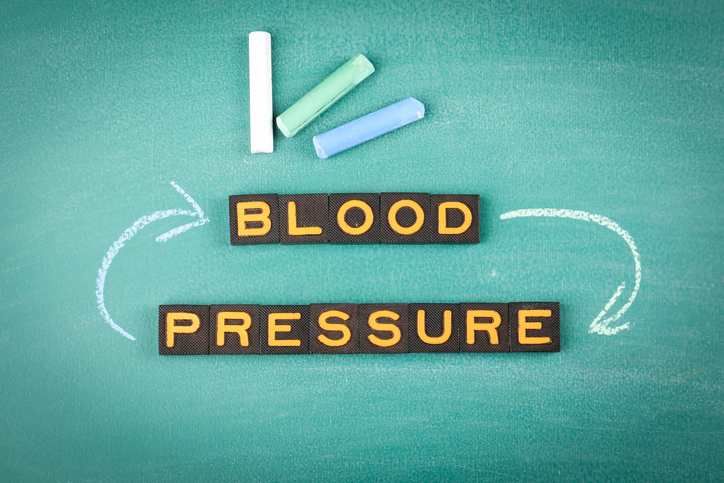
Endothelial dysfunction induced by mental stress was associated in a graded fashion with an increase in the incidence of major adverse cardiovascular events (MACE), a new study suggests.
“Acute mental stress can result in transient endothelial dysfunction, but the prognostic relevance of this phenomenon is unknown,” the authors wrote in their study, which sought to “determine the association between mental stress–induced impairment in endothelium-dependent relaxation as assessed by brachial artery flow-mediated vasodilation and adverse cardiovascular outcomes among individuals with stable coronary artery disease.”
The paper, published in JAMA Cardiology, included a total of 569 patients with stable coronary artery disease at a single university hospital center. Participants were subjected to a mental stress test in a laboratory (public speaking). The authors measured flow-mediated vasodilation before and 30 minutes after public speaking. The looked for the association between the prestress and poststress levels and a composite of MACE events such as cardiovascular death, myocardial infarction, unstable angina resulting in revascularization, and heart failure hospitalization. Mean participant age was 62.6 years (73.8% male).
According to the study results, flow-mediated vasodilation decreased from 4.8% prestress to 3.9% poststress (a reduction of 23%, P<0.01). A total of 360 participants developed transient endothelial dysfunction (defined as decrease in in flow-mediated vasodilation). Over a three-year follow-up, 74 participants experienced MACE. According to the researchers, the presence of transient endothelial dysfunction with metal stress was associated with a 78% increase in the incidence of MACE (subdistribution hazard ratio=1.78; 95% CI, 1.15 to 2.76). Poststress minus prestress flow-mediated vasodilation, together with poststress flow-mediated vasodilation, were associated with MACE.
“In this study, transient endothelial dysfunction with mental stress was associated with adverse cardiovascular outcomes in patients with coronary artery disease,” the authors wrote in their conclusion. “Endothelial responses to stress represent a possible mechanism through which psychological stress may affect outcomes in patients with coronary artery disease.”
The added: “Impairment in endothelium-dependent relaxation induced by mental stress confers an increased hazard for adverse events and could be an important risk biomarker for patients with stable coronary artery disease.”
More great research from our Fellows @brunolimamd@mhammadah @JeongHwanKimMD and more published in @JAMACardio. @emoryheart @EmoryDeptofMedhttps://t.co/43Kj9URzmq pic.twitter.com/ufTRCwoElO
— ECCRI (@EmoryCCRI) September 11, 2019
Brand new paper from my friend and mentor @BrunoLimaMD 🇧🇷 on @JAMACardio uncovering the role of #mentalstress in endothelial dysfunction and consequently #CAD: https://t.co/t8NBlbq807
— Isadora Mathias, MD (@IsaMathiasMD) September 11, 2019
Nicely done @brunolimamd ! Que belo trabalho meu amigo! https://t.co/9fC2iPJVrO
— Filipe A Moura, MD, PhD (@FilipeAMoura) September 12, 2019
Endothelial responses to stress represent a possible mechanism through which psychological stress may affect outcomes in patients w/ CAD
Mental Stress–Induced Endothelial Dysfunction & Adverse Cardiovascular Events in Coronary Artery Disease https://t.co/misBgEZVVI
— Vicente Pallares (@vic_pallares) September 12, 2019







 © 2025 Mashup Media, LLC, a Formedics Property. All Rights Reserved.
© 2025 Mashup Media, LLC, a Formedics Property. All Rights Reserved.